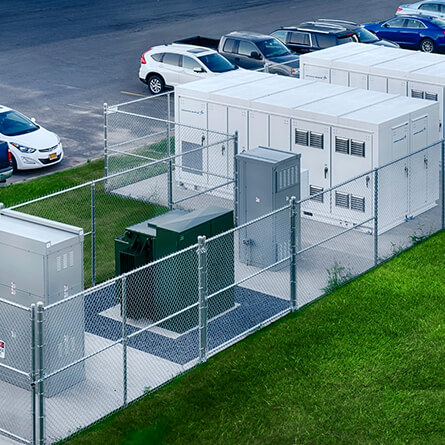Time:Aug 23, 2023 Views:874
Broadly speaking, energy storage can be divided into three categories: electrical energy storage, thermal energy storage, and hydrogen energy storage, with electrical energy storage being the most important form of energy storage at present. In electrical energy storage, it can be divided into three categories based on the principles of storage: physical energy storage, electromagnetic energy storage, and electrochemical energy storage. Among them, physical energy storage is currently the most mature, cost-effective, and large-scale energy storage method. Electromagnetic energy storage also has great development potential due to its obvious advantages such as fast charging and discharging speed. However, the technology is not yet mature, and electrochemical energy storage is the most widely used and potential energy storage technology. Currently, among various types of energy storage technologies, pumped storage and electrochemical energy storage are the most widely used.

Electrochemical energy storage refers to the use of chemical elements as energy storage media, and the charging and discharging process is accompanied by chemical reactions or valence changes of the energy storage medium. According to the storage equipment, electrochemical energy storage can be divided into lithium batteries, lead-acid batteries, lead-carbon batteries, flow batteries, and sodium sulfur battery energy storage. Among them, lithium batteries and lead-acid batteries are the most widely used electrochemical energy storage technology routes in industrialization. Electrochemical energy storage is currently the most widely used and promising power energy storage technology. A complete electrochemical energy storage system mainly consists of battery packs, battery management systems (BMS), energy management systems (EMS), energy storage converters (PCS), and other electrical equipment. The battery pack is the most important component of the energy storage system; The battery management system is mainly responsible for monitoring, evaluating, protecting, and balancing batteries; The energy management system is responsible for data collection, network monitoring, and energy scheduling; The energy storage converter can control the charging and discharging process of the energy storage battery pack, and perform AC/DC conversion.

X

Appointment Experience